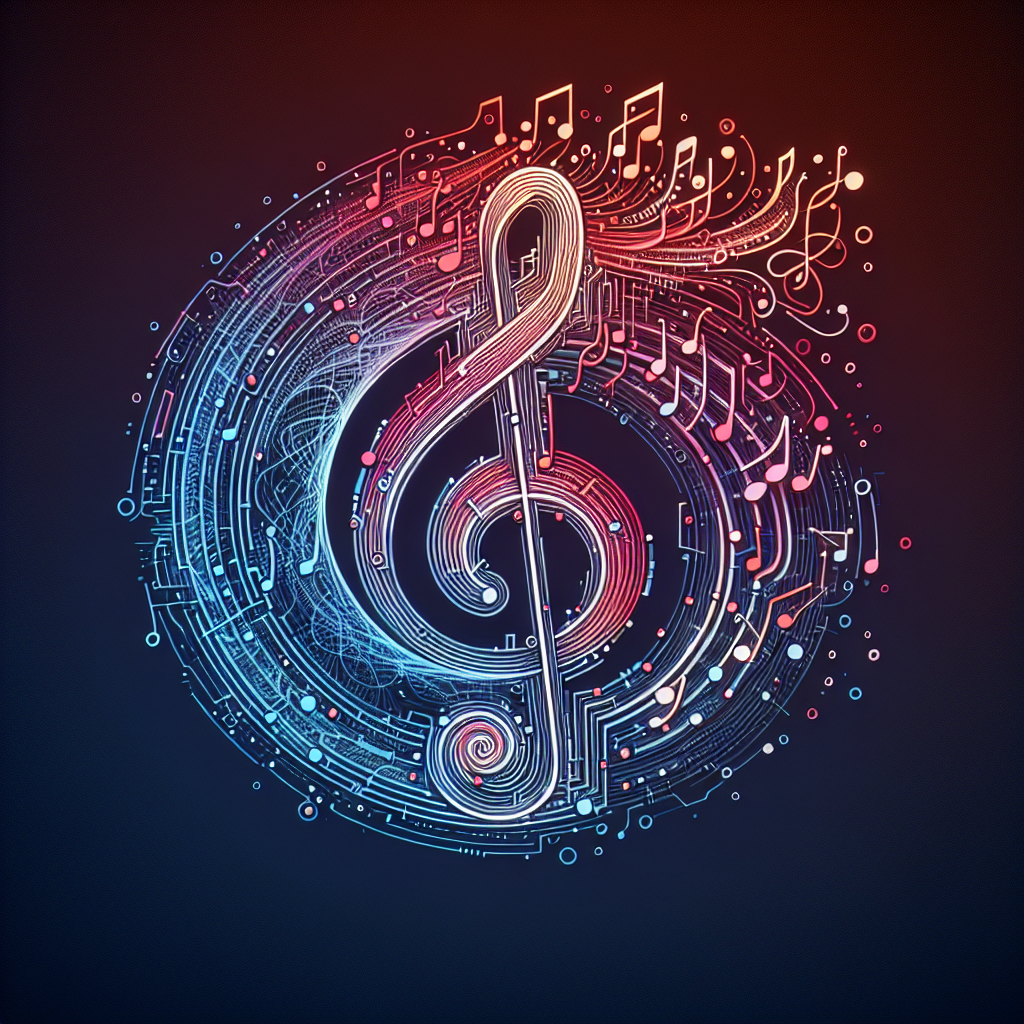The Influence of AI on Music Collaboration
In recent years, advances in artificial intelligence (AI) have had a significant impact on the music industry. One of the most exciting developments is the use of AI in music collaboration, where AI tools are used to assist musicians in creating and producing music. This has led to new possibilities for collaboration between human musicians and AI systems, resulting in innovative and unique musical creations. In this article, we will explore the influence of AI on music collaboration and how it is shaping the future of music creation.
AI in Music Collaboration
AI has the potential to revolutionize the way musicians collaborate and create music. One of the key benefits of using AI in music collaboration is its ability to generate new musical ideas and inspire creativity. AI systems can analyze large amounts of musical data and identify patterns and trends that human musicians may not have noticed. This can help musicians break out of creative ruts and explore new directions in their music.
AI can also assist musicians in the composition and production process. For example, AI tools can generate musical accompaniments, suggest chord progressions, or even compose entire pieces of music. This can save musicians time and effort, allowing them to focus on other aspects of their music.
Another way AI is influencing music collaboration is through its ability to enhance the performance of musicians. AI systems can analyze a musician’s playing and provide real-time feedback on their technique, helping them improve their skills and become better musicians. This can be especially useful for musicians who are just starting out or are looking to hone their craft.
AI is also being used to create virtual musicians that can collaborate with human musicians. These virtual musicians can play instruments, sing, and even compose music, opening up new possibilities for collaboration. This can be particularly useful for musicians who may not have access to other musicians or who want to experiment with new musical styles.
Overall, AI is changing the way musicians collaborate and create music, opening up new possibilities for creativity and innovation in the music industry.
FAQs
Q: How does AI assist musicians in creating music?
A: AI can assist musicians in a variety of ways, such as generating musical ideas, suggesting chord progressions, and providing real-time feedback on performance. AI can also be used to create virtual musicians that can collaborate with human musicians.
Q: Can AI systems compose music on their own?
A: Yes, AI systems can compose music on their own. These systems can analyze musical data and generate original compositions based on patterns and trends in the data. However, human musicians are still needed to provide input and direction to the AI system.
Q: How is AI changing the music industry?
A: AI is changing the music industry in several ways, including assisting musicians in creating music, enhancing their performance, and enabling collaboration between human and virtual musicians. AI is also opening up new possibilities for creativity and innovation in music.
Q: Are musicians concerned about AI taking over their jobs?
A: While some musicians may be concerned about AI taking over their jobs, many see AI as a tool to enhance their creativity and productivity. AI can assist musicians in ways that were not possible before, opening up new possibilities for collaboration and musical innovation.
Q: What are some examples of AI tools for music collaboration?
A: Some examples of AI tools for music collaboration include Amper Music, AIVA, and Google’s Magenta project. These tools can assist musicians in composing music, generating musical ideas, and enhancing their performance.
In conclusion, the influence of AI on music collaboration is shaping the future of music creation. AI is changing the way musicians collaborate and create music, opening up new possibilities for creativity and innovation in the music industry. As AI continues to advance, we can expect to see even more exciting developments in music collaboration in the years to come.

